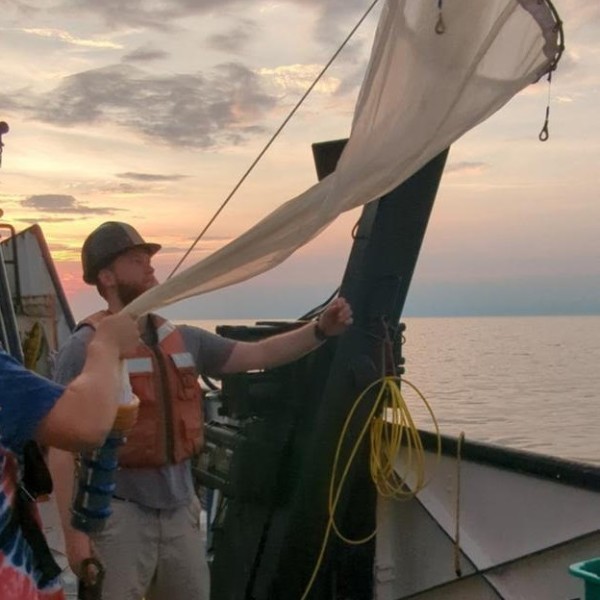While global climate change is an abstract, larger-than-life concept to many, it is deeply personal to me. Nature is universal to all humans, offering no labels, and encompassing everything and everyone as a whole system. Having lived in three different countries in my life, USA, Singapore and Indonesia, I see myself belonging to the world as a whole, rather than identifying with a specific country.
Climate change is an urgent threat and an all-encompassing thread that ties our societies together. I think it will drive countries to find universal similarities that build greater connections across humans and nature.
With this perspective, I was compelled to apply to Global Climate Change and Policy, an interdisciplinary course that teaches students about international frameworks to combat climate change. The course also selects a subset of the admitted students to attend the annual United Nations Climate Change Conference of the Parties (COP), and I attended COP25 in December 2019, located in Madrid, Spain.
Cornell University’s role at COP25 was to assist organizations and nations with negotiations, and to educate others on the climate work our school does, such as Earth Source Heat. The Cornell delegation assisted the Ministry of Agriculture in Zambia and its climate smart agriculture policies, and consulted with the Kingdom of Tonga and the World Bank.
At COP25, I got a close-up view of how high-level negotiations function to fight climate change. I witnessed international negotiations, attended press conferences, spoke to countries’ delegations and participated in a number of official side events hosted by countries and the UN. I met with high-level officials, which allowed me to voice the concerns of youth in the communities in which I have lived. These often center around the need for greater climate ambition and action.
I talked with officials such as Nancy Pelosi, the U.S. Speaker of the House of Representatives Nancy Pelosi, and Cheah Sin Liang, Lead Coordinator for Climate Negotiations and the Deputy Director of International Policy for Singapore.








